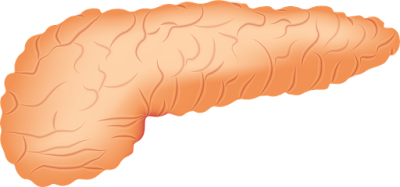Irritable Bowel Syndrome treatment
Irritable Bowel Syndrome, Part 1
For some time you belly hurts and it's no clearer reason? Tired of constipation or diarrhea and flatulence? Examine the terms of IBS, or irritable bowel syndrome. With our help, you can set the initial diagnosis yourself.
The essence of IBS is pain caused by excessive contraction of the intestines. Some ailment described as severe nausea or abdominal discomfort. In some people the disease is manifested by a strong anxiety, panic attacks or depression.
Too strong contractions
So far, the cause of IBS has not been clearly defined. It is suspected that the strong contraction is the result of specific innervation of the gut. They are so sensitive that the food they consume too active, too hard, which makes pain.
The most important factors disrupting the gut include:
• the excess fat in the diet,
• intolerance of certain products (allergy)
• chronic stress, anxiety, depression,
• drug abuse,
• Hormonal changes,
• food infections,
• genetic predisposition.
How to diagnose irritable bowel syndrome?
How do we know that we are suffering from irritable bowel syndrome, and not for example, bloating or indigestion? The disease can help diagnose answer a few questions (form the so-called. Rome criteria):
1 In the last year, by 12 weeks (consecutive or not) had pain abdomen, nausea, discomfort.
2 Do symptoms decreased after defecation?
3 Did you notice the change in frequency of defecation?
IBS is found if the identified at least three of the following signs:
1 bowel movement more than three times per day or less than three times a week,
2 change the consistency of the stool - too hard or too loose,
3 bloating,
4 excretion of mucus,
5 feeling of incomplete bowel movement or sudden expulsion of stool.
Unfortunately, these symptoms may indicate a number of diseases of the digestive system.
To be sure, the doctor (gastroenterologist) instructs one or more tests: morphology,
endoscopy, ultrasound, stool analysis, thyroid, bowel contrast radiology.
Two forms of the disease
Irritable bowel syndrome occurs in one of two formats: constipation or diarrheal.
In the first case defecation cycle lengthens - we have a problem with putting the stool or it is painful for us. Pain in the form of colic occurs multiple times in the intestine. Appears suddenly or after a meal to disappear after defecation. In addition it may occur heartburn, nausea.
In a variation of diarrheal patients tired diarrhea, frequent visits to the toilet.
The need for a bowel movement occurs suddenly - sometimes even during or immediately after consuming it. In addition to pain, bloating can also tease.
Sometimes a distinction is not possible because of diarrhea alternate with constipation. Healthy lifestyle is the enemy of irritable bowel syndrome. Less stress, healthy diet, sports, and intestines will not give up the signs.


Comments
Post a Comment